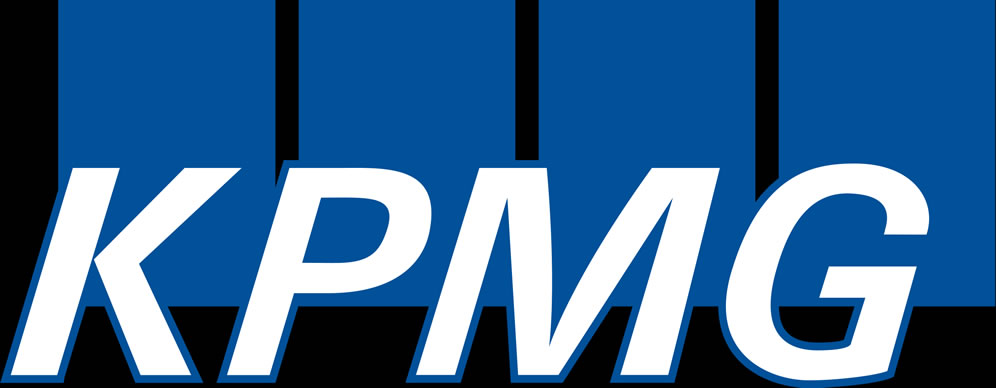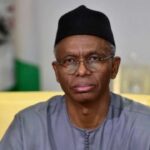
The company, in its issue “Eight Flashnotes” released on Friday, observed that the government’s plan, which means growing the value of real GDP from N74.6 trillion in 2022 to N92.5 trillion by 2026, representing an increase of N17 trillion in four years, is “not feasible”.
It noted that while the GDP growth of three per cent is assumed in the first year going by World Bank’s projection for 2023, the economy will then have to grow by an average of seven per cent for the subsequent three years and moving growth from a forecasted three per cent in 2023 to at least seven per cent in 2024 and afterwards, which seems overly ambitious, adding that the best possible GDP growth rate to be achieved within the next four years would be between four to 4.5 per cent.
The notes read, “We are of the opinion that there is very limited space to attain a 6 pet cent average real growth rate in four years or an increase in real GDP by N17trillion and an average GDP growth rate of between 4-4.5% at the best is more feasible in the next four years. Even this will require the country to get its policies right and keep consistent faith with macroeconomic reforms.”
It stressed that a challenging macroeconomic environment and various constraints such as inflation, subsidy removal, and infrastructure limitations are some of the challenges the government would face to maintain a fine and delicate balance across economic variables.
Giving further reasons, the multinational company said, “For example, to grow government revenue to expand government consumption and investment, it might increase taxes and /or borrow from the private sector. However, increasing taxes can lower purchasing power and slow consumption expenditure growth. At the same time, private investment may be curtailed as business earnings are squeezed from slowing demand, higher costs from higher taxes, and higher interest rates as government borrowing crowds out private-sector lending and then pushes rates up.
“GDP, using the expenditure approach, is the cumulation of household and government consumption expenditure, private and public investment, and net exports which means the president will have to introduce policies and take decisions that will lead to growth across these variables. However, taking decisions in one variable can lead to a decline in another.
“The initiatives government and the private sector may also have to put in place to cushion the effects of the removal of petrol subsidy may also worsen the costs of businesses and leave less for expansion in the short-to-medium term which covers the duration of the president’s first term and the focus of his growth targets.
“Household consumption expenditure which is the largest share of GDP and the easiest to grow is however constrained by high double-digit inflation which is expected to get worse with the subsidy removal, the implementation of the finance bill 2022 and the unification of the FX rate whenever it is implemented within the next four years, in addition to the perennial supply and transportation bottlenecks, security concerns and power and other infrastructural constraints to doing business in Nigeria will affect costs of production and price of goods and services,” KPMG concluded.





